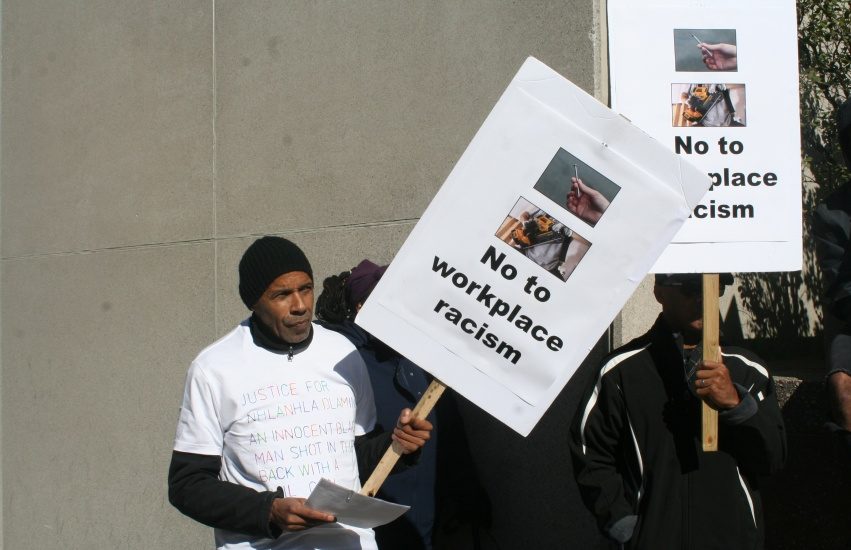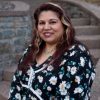
KJIPUKTUK (Halifax) – African North Americans have a long and noted history of activism against anti-Black racism, injustice, hate and inequality, which brought about a number of positive changes including the right to vote, desegregation, the physical end of slavery, civil rights, human rights legislation, etc.
Through the committed actions and efforts of African peoples, many things have changed but far less than what is needed.
For example, hate crimes against persons of African descent are escalating in Canada and Nova Scotia, while authorities are failing to take a strong public stand against these intolerant actions. Hate crimes against young African Canadians are especially heinous.
With these vile acts of racism, hate and injustice African Nova Scotian youths and others, must be aware of what to do to try to change the narrative, given that youth are powerful agents of change.
Real education on subjects like advocacy and activism is necessary and serves to help African Nova Scotian youth and others identify and fight subtle and overt acts of anti Black racism. Through activism, advocacy and education youth will develop the skills necessary to carry the torch for the next generation.
Currently, in Nova Scotia many do not know what to do when faced with acts of racism. They feel anger, sadness and hopelessness not knowing that there are things they must do to affect change.
How to deal with racism, hate and injustice is not taught in the Nova Scotia school system, which is why it is imperative that these vital life-long skills be taught and developed in the community.
These survival skills can be acted upon on an individual basis or as organized groups. As our youth learn about these vital survival skills they will apply the wise saying “each one teach one and each one reach one.” This makes peer education even more important.
As we know, most of the changes in history came about because someone challenged something when they thought something was not right or could be improved upon. All of the changes that sometimes are taken for granted came because of advocacy and activism.
It is so necessary for seniors in African Nova Scotian communities to share their coping mechanisms, advocacy and activism skills as an investment in our youth in the go forward.
Our youth must be afforded the opportunity to learn about their history and its impact on change. We must encourage our youth to seek positions on student councils, join community groups, sit on human rights committees, recreational committees, etc., this can have a positive impact in the greater community.
Our youth must learn how governments work or do not work this will allow for more informed decisions, advocacy and activism. Realize that running for office is not the only way to be involved.
When racism is perpetrated against an African Nova Scotian individual (s) there are a number of things to consider, here are a few example steps:
- Explore what happened and why
- Make notes, take pictures if possible, and identify witnesses. Review what happened with parents, elders; seek out community members with skills, experience and abilities in this area, etc.
- Speak to what happened. Bring what happened to the attention of others
- Write a letter of compliant, send emails. Access social media, etc.
- Speak to a lawyer
- File a complaint with government, government agencies, the Nova Scotia Human Rights Commission, Board ofPolice Commissioners, etc.
- Network with others
- Organize demonstrations to bring about public awareness
- Contact the media, make flyers, blogs
- Start a petition or an online survey and share the results
- Raise money, etc.
Being part of a group can help young people develop important personal and interpersonal skills. These include the ability to think critically and solve problems, and activism helps young people gain self-confidence and self-esteem
Activism is engagement in the community for social and political change and youth participation is critical. Technology and the use of social media can be used very effectively to increase the success of activism and to unite with others globally.
Just like most older folks in the African Nova Scotian community, young people are concerned and informed citizens who can be strong advocates for change. Every person in the African Nova Scotian community has something to offer the struggle.
Millions of young people worldwide are involved in activism and are challenging issues around housing, employment, incarceration, homelessness, political reform, racism, genocide, environmental racism, the climate crisis, land preservation, advocacy on behalf of seniors, animal rights, child Poverty, and the list goes on.
We can all make a difference.
YES WE CAN!
With a special thanks to our generous donors who make publication of the Nova Scotia Advocate possible.
Subscribe to the Nova Scotia Advocate weekly digest and never miss an article again. It’s free!




Strong article..speaks to the youth, advocates to move forward , with a strong statement against rascism..Especially to look to the senirs(elders) for guidance, leadership and encouragement thru knowledge. My parents are both Nova Scotian (father passed) Clements and Cromwell